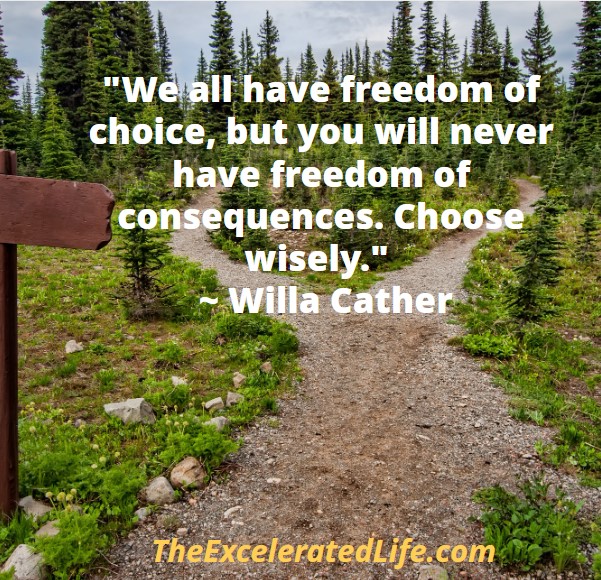Use your Signature Strengths but don’t neglect your lesser strengths — there is potential for growth.
A Journaling Practice
Almost every morning, after I spend some minutes in meditation, I write in my journal. I list my “Eulogy Virtues” – the things I want to be remembered for. Next I write my “Valid Values” – my highest values and the ones I want to structure my life around. Then I write out my Signature Strengths – the character strengths that I scored highest for in the VIA Strengths Survey. Writing them down helps to imprint them in my conscious and subconscious mind. It helps me consider them as I plan my day.
This practice helps to make using my Signature Strengths almost automatic. However, while I want to make good use of these top character strengths, I don’t want to neglect the others that don’t come as naturally to me . . . especially when they could be beneficial in helping me grow and develop.
Continue reading “Develop Your “Weaker” Strengths”

